Addiction and the Criminal Justice System
When we talk about the effects of addiction on individuals and their larger community, it’s not long after the conversation shifts to include a discussion of the role of the criminal justice system in the lives of those who struggle with addiction. It seems these two go hand in hand, but as with any two correlated concepts it is important to ask, which comes first? Is it one’s addiction that paves the way for their involvement with the system, whether through earning themselves DUI’s, arrests, or incarceration? Or is it generational and systemic oppression keeping individuals trapped in this cycle, set before the near-impossible task of climbing out of social, emotional, educational and financial poverty?
For some struggling with addiction, their first run-in with the law can encourage them to seek treatment and find their way to recovery. However, for others, rather than providing the structure needed to reintegrate into society and the workforce, a stint in jail or prison could earn them an ‘unhireable’ label, further complicating their chances of moving out of their current predicament. The likelihood is greater that individuals may get stuck in a cycle of returning to negative coping mechanisms, such as using drugs and alcohol, which in turn may lead to more interactions with the legal system.
Harm Reduction Model
At present, the number of people who are in prisons for drug-related charges equals about 45% of the inmate population, as we are a nation that has long favored tactics of penalization rather than treatment for rehabilitation. Newer on the scene is the idea of harm-reduction strategies to meet these individuals where they are in their recovery and offer them a different option.
“Harm Reduction” has come to mean a number of different things. As it relates to the criminal justice system, what this looks like is spending way less money on prosecuting people with substance use disorders and instead investing into their treatment and rehabilitation.
The Example Set in Portugal
There is perhaps no greater example to display the effects of pursuing treatment and support rather than punishment than looking to the country of Portugal. In 2001, they became the first country to decriminalize the possession and use of all illicit substances. Under the advice of the researchers who suggested the radical shift, the country then poured all of the resources it previously spent tracking offenders into building the infrastructure needed to support these individuals.In the years since, Portugal has seen dramatic drops in overdoses, HIV infection and drug-related crime. While their battle is still far from over, it is encouraging to see a country providing alternative approaches to rehabilitating “criminals”.
Our Efforts Here At Home
A few years ago, our co-founders traveled to Portugal to see this type of work close up, to see what they could bring back to our community to complement the advocacy work that has already begun right here in Brevard County. We are proud to be on the front lines for our community, providing education, input, and intervening when we can to assure people get the help they need, rather than incarceration.
Peace Club is both a treatment center and an advocate, actively striving forward refusing to accept the status quo, knowing things can be better. Learn more about our perspective by visiting our website, and consider joining us in the fight to help redefine the system, and to get individuals the help they deserve.


